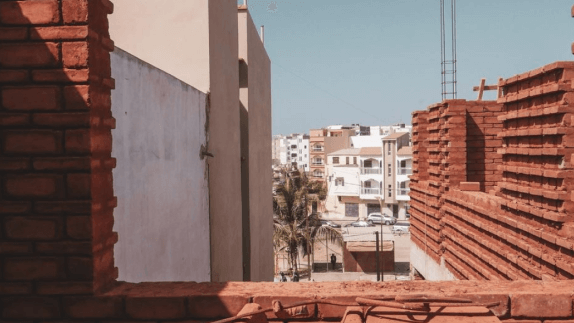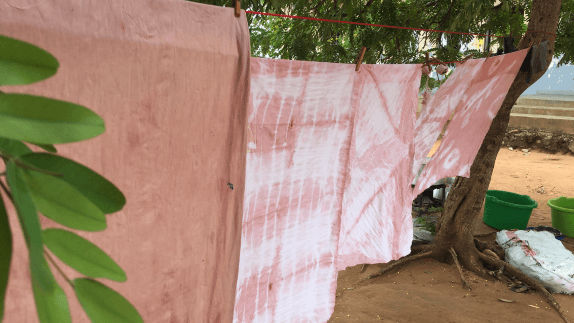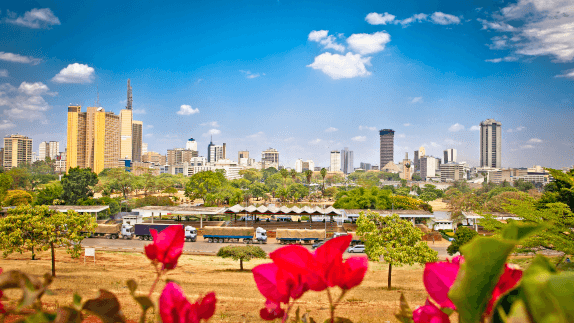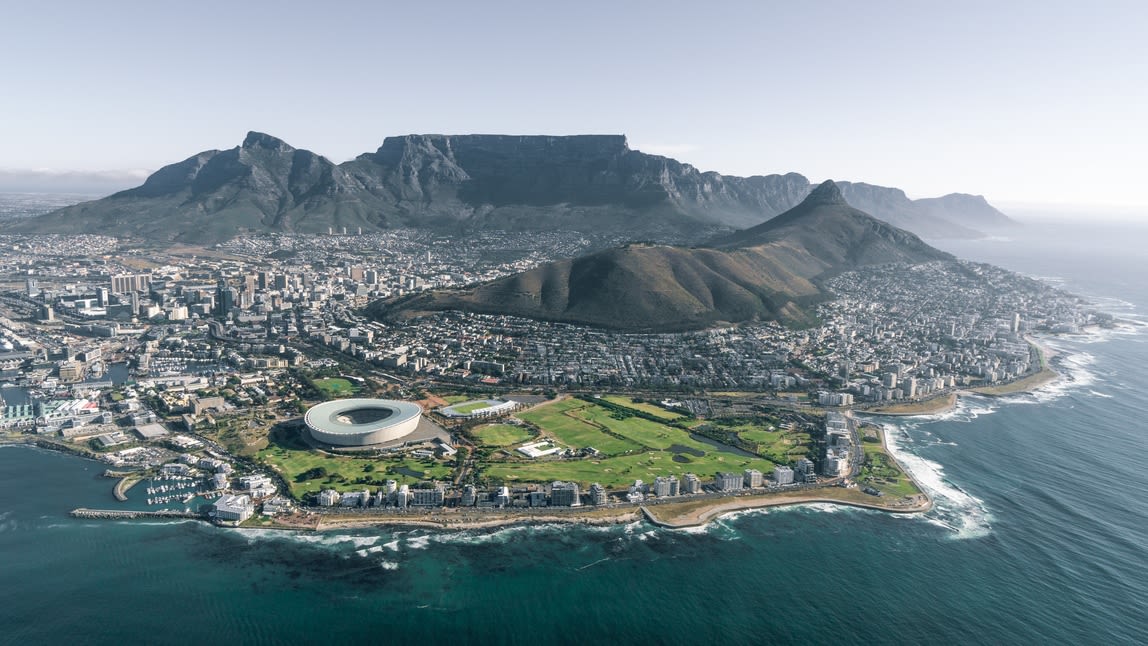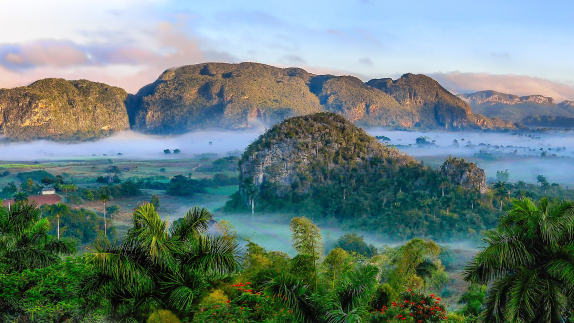This page is part of Circular Economy in Africa: Examples and Opportunities, a collection of insights exploring key questions on accelerating the circular economycircular economyA systems solution framework that tackles global challenges like climate change, biodiversity loss, waste, and pollution. It is based on three principles, driven by design: eliminate waste and pollution, circulate products and materials (at their highest value), and regenerate nature. across the continent.
Africa is the second most populous continent in the world and its urban population is expected to nearly triple by 2050 to 1.34 billion.
It’s estimated that between 60% and 80% of the estimated built environment that will be needed by 2050 to support this growing population has yet to be laid.
It will be vital to invest in housing and infrastructure that makes efficient use of limited materials and uses building processes that are less energy-intensive, in order to lower greenhouse gas emissions and stop environmental degradation.
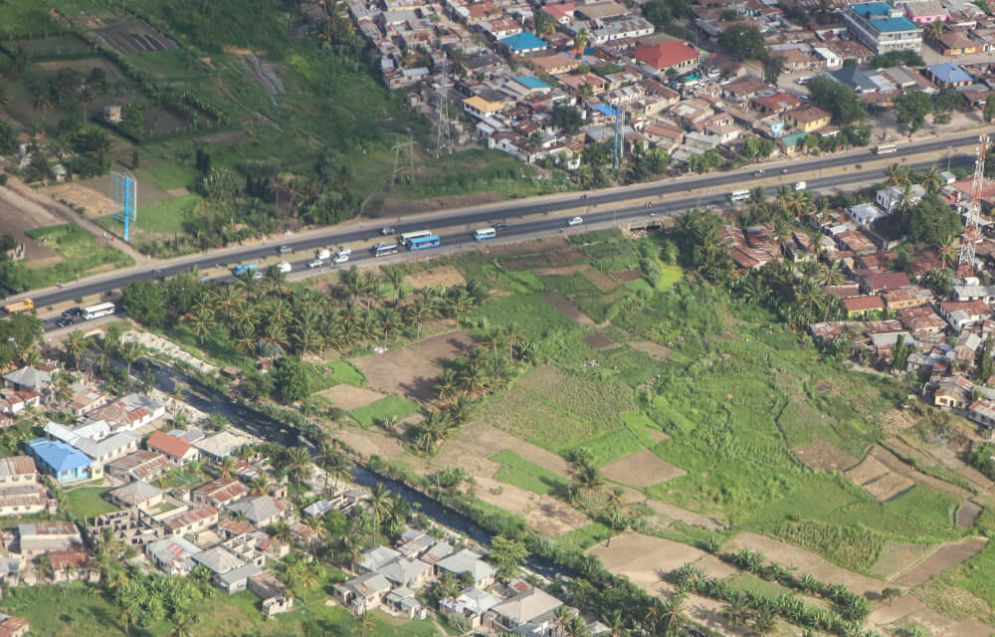
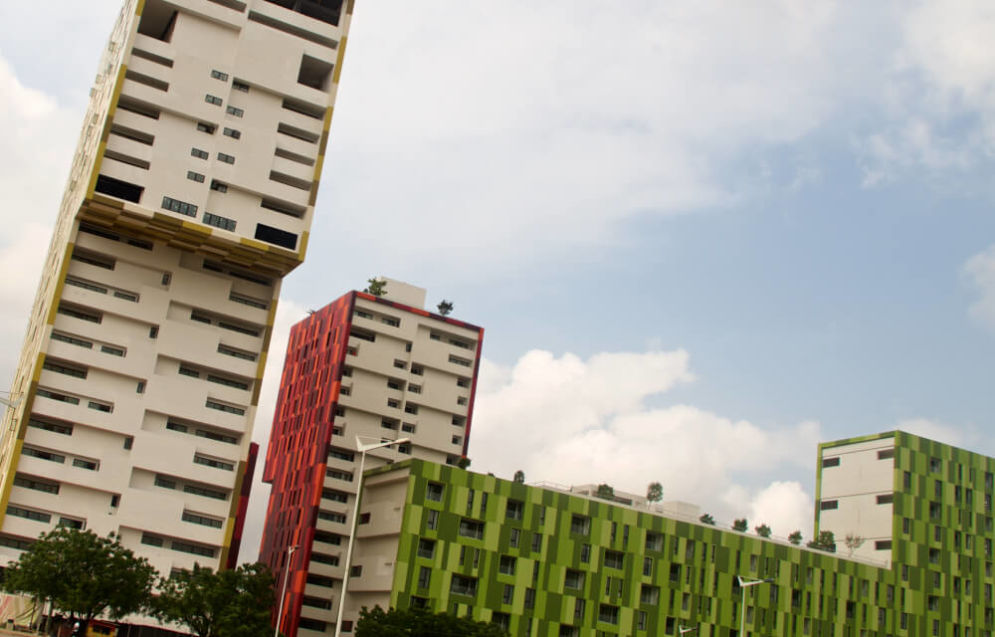
Circular economy opportunities in the built environment
The greatest circular opportunities in African countries lie in the design of buildings and infrastructure yet to be constructed. Applying circular principles to buildings means looking at the whole life of a building, including the design, the construction and deconstruction processes, as well as understanding the building as part of a wider physical and political space.
Circular economy strategies for buildings in African cities include:
designing out waste and pollution by sourcing local and reclaimed building materials
incorporating bioclimatic and passive design, and resource capture
and designing for modularity and flexibility
Employing circular economy principles represents a valuable approach that leapfrogs conventional solutions and improves service delivery rapidly and cost-effectively, while creating employment and enterprises, and reducing waste and pollution.
This article explores circular economy strategies for improved buildings and construction, and looks at improving the supporting infrastructure to achieve the wider transitions to a circular built environment.

Ellen MacArthur Foundation

ICLEI Africa

Chatham House
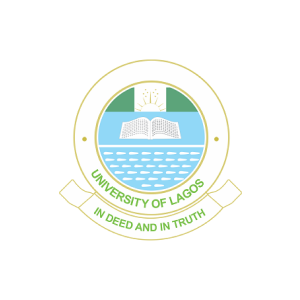
University of Lagos


